Mato Gudelj
My main area of interest is ML for tools for thought, but I'm also curious about any and all research that shifts the curve and improves practical AI safety.
I'm currently working full-time++ on periplus.app. When I'm not working, I like to read up on new research, track public curve-shifting efforts and play the piano.
Projects
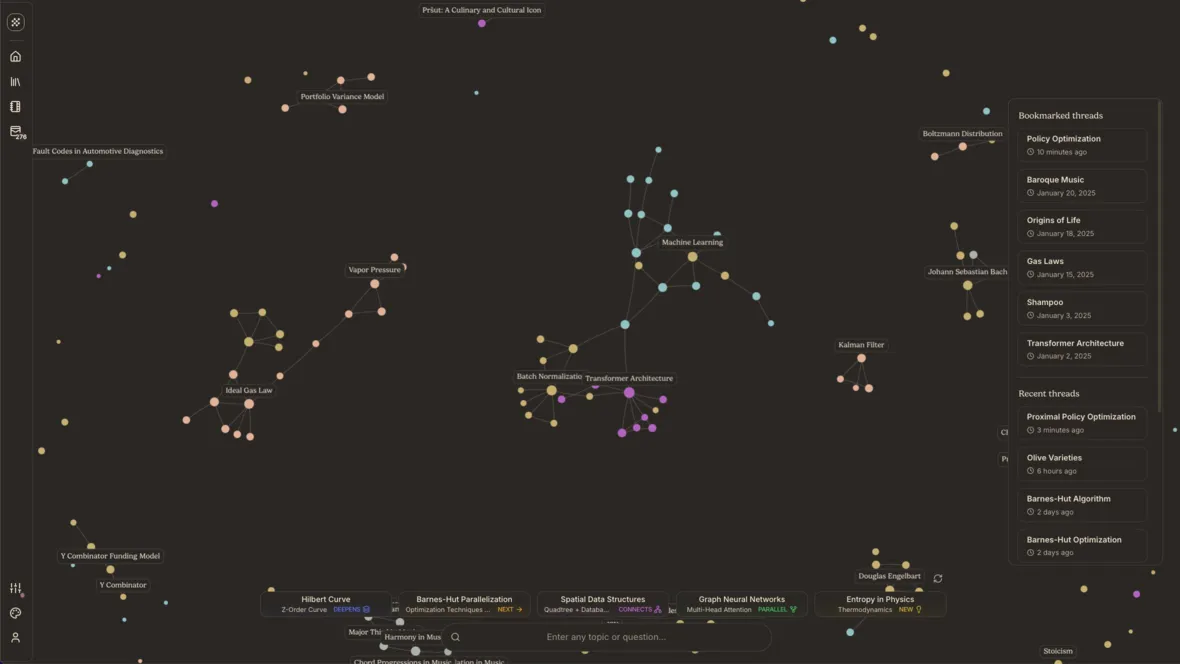
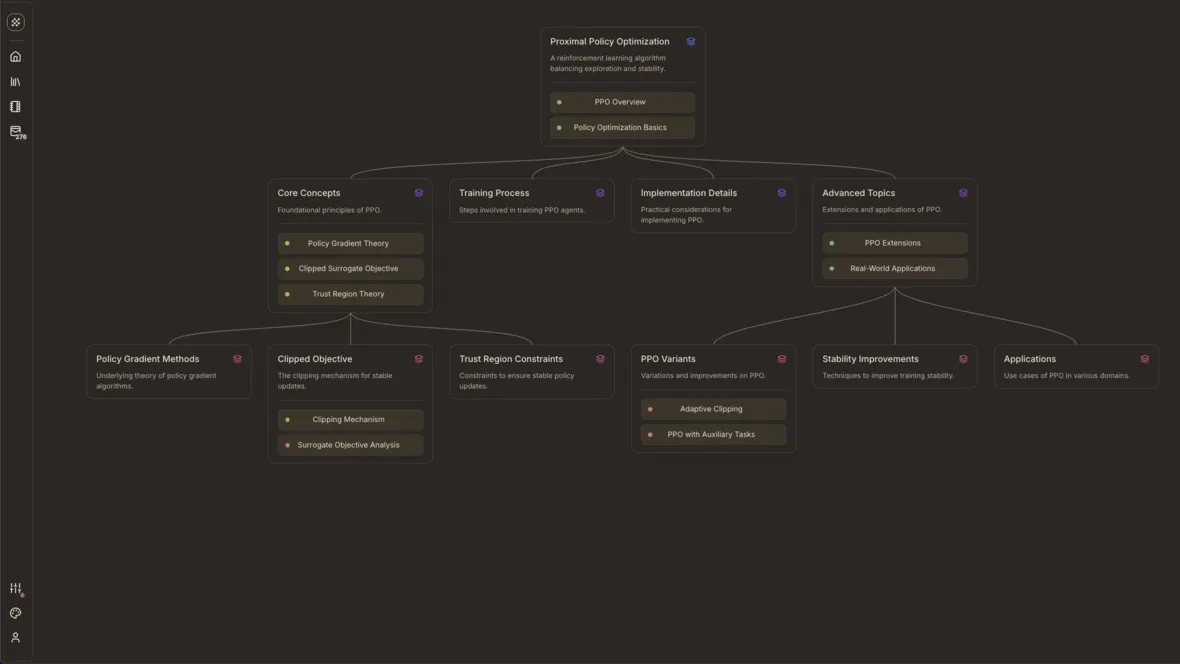
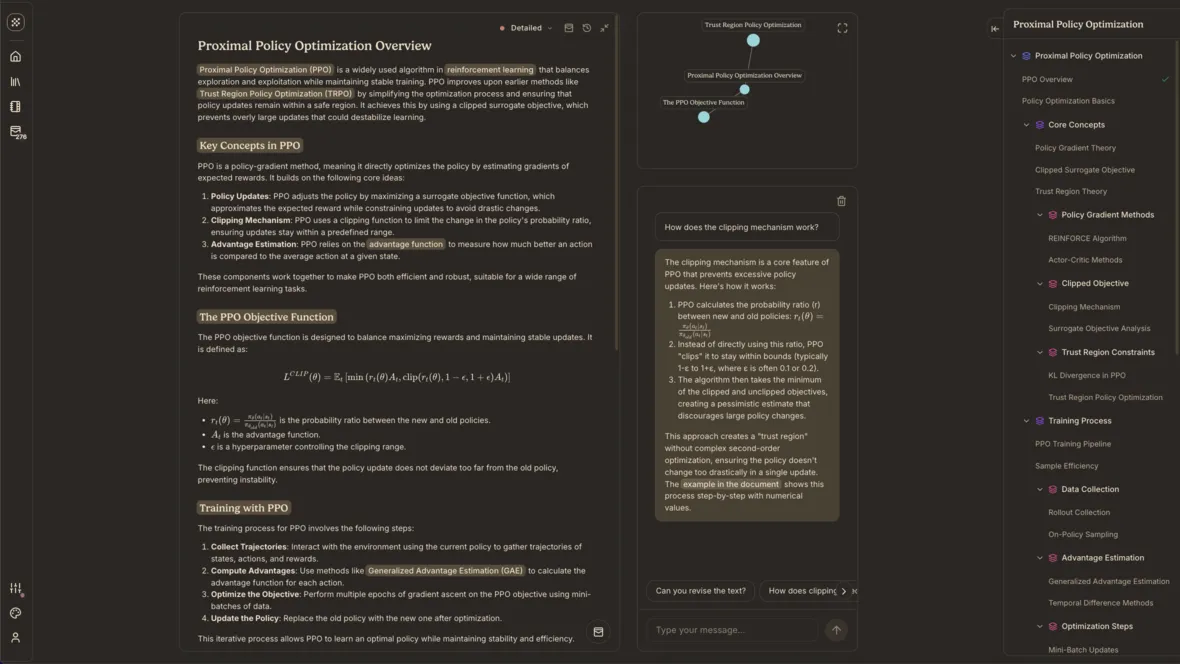
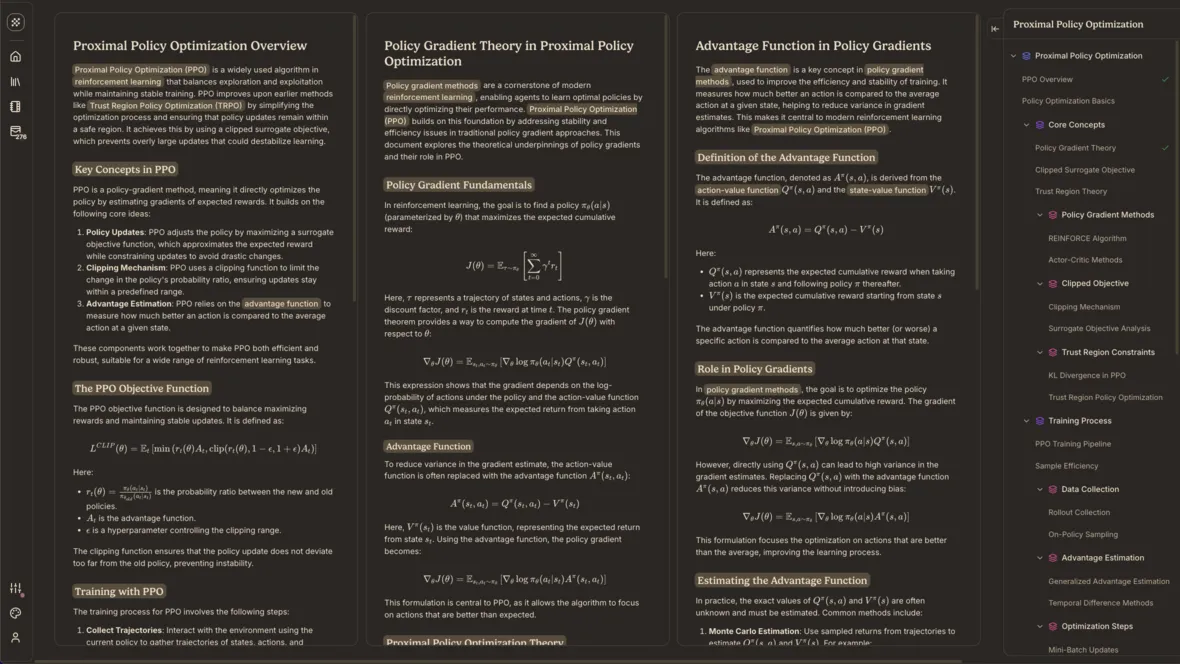
A novel system for interacting and learning with LLMs, revolving around rich interconnected generative documents. Includes courses, spaced repetition, LaTeX support and more! Initial version was built in two weeks for the Build with Claude contest, and has recently won Claude Project of the Month ($1,000).
In 2024 I was selected as one of the winners of the OpenAI Preparedness Challenge for providing novel ideas for catastrophic misuse of frontier models and societal harm prevention. This included a prize worth $25,000 in API credits.
Vibesim.com
2023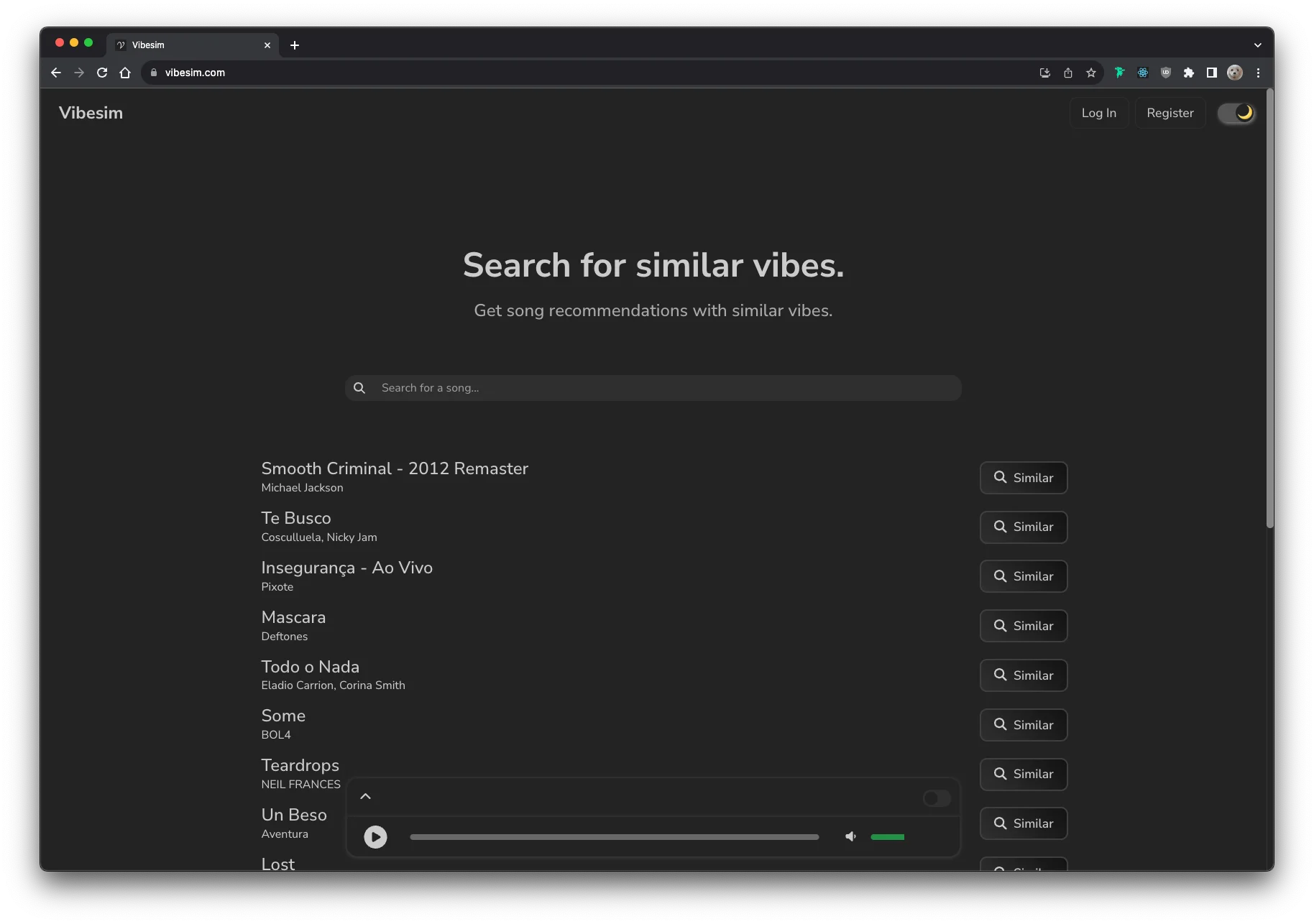
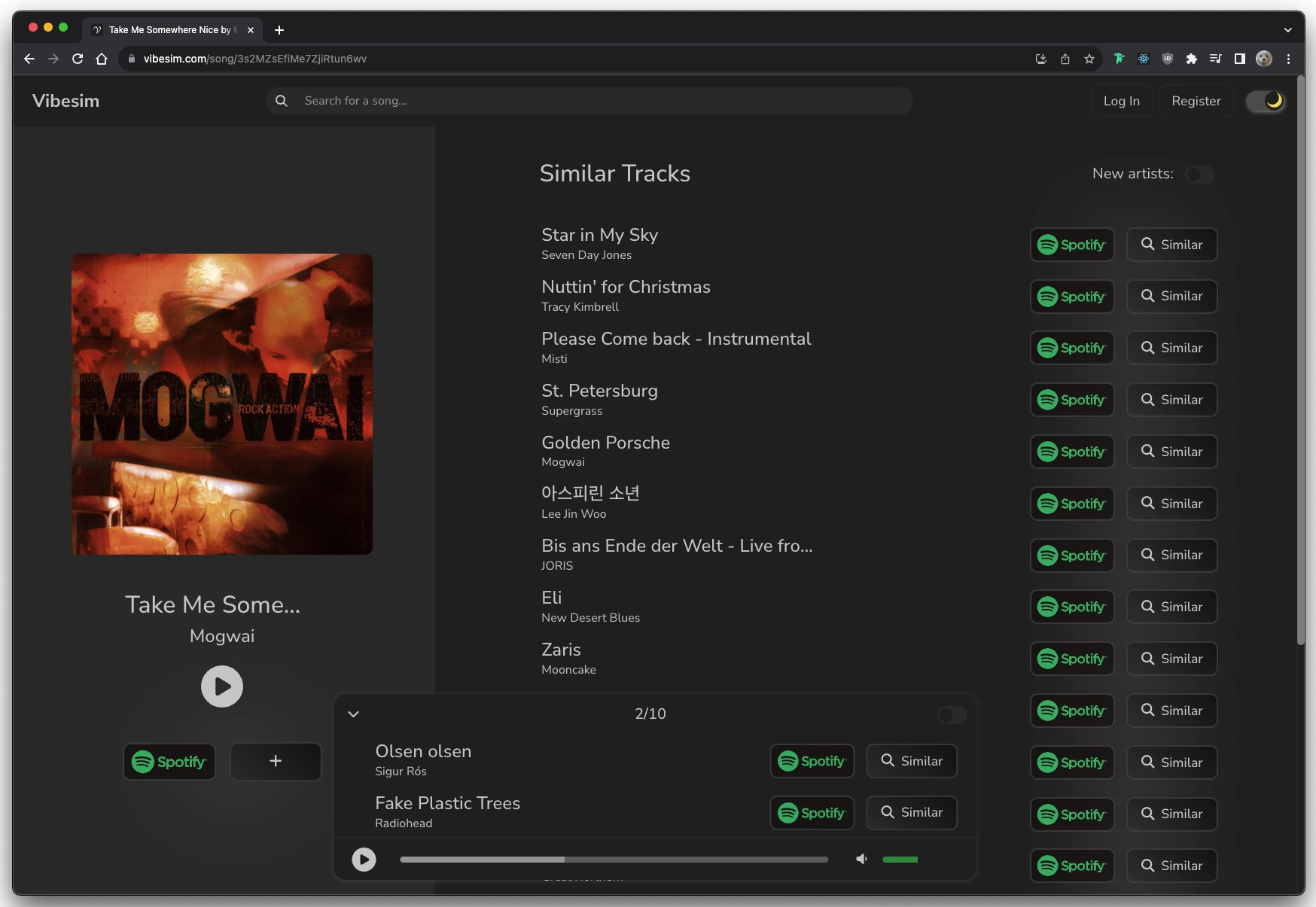
An ML powered song recommendation website based on finding songs with similar vibes. Used an audio embedding model with DB spanning > 1 million songs. Had a cool embedding-mixing mode and automatic playlist ordering based on shortest walk through embedding space (d = sim).
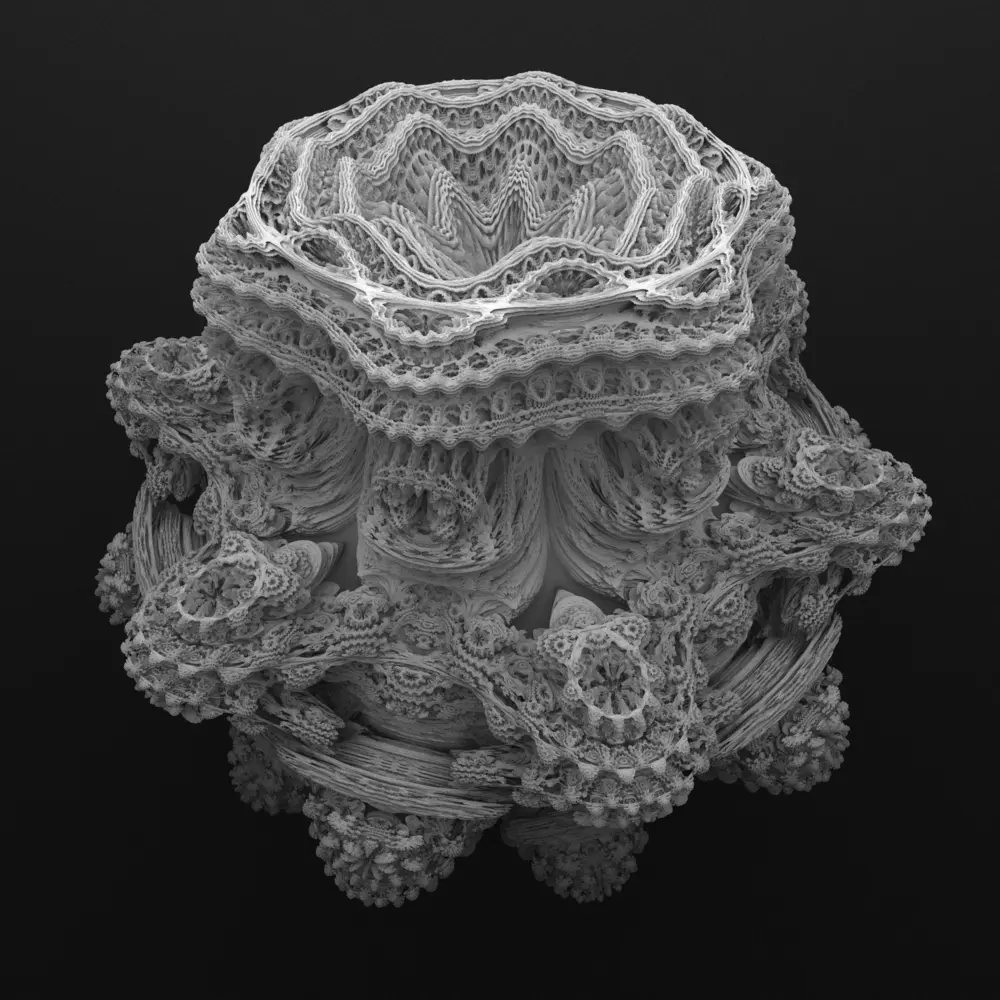
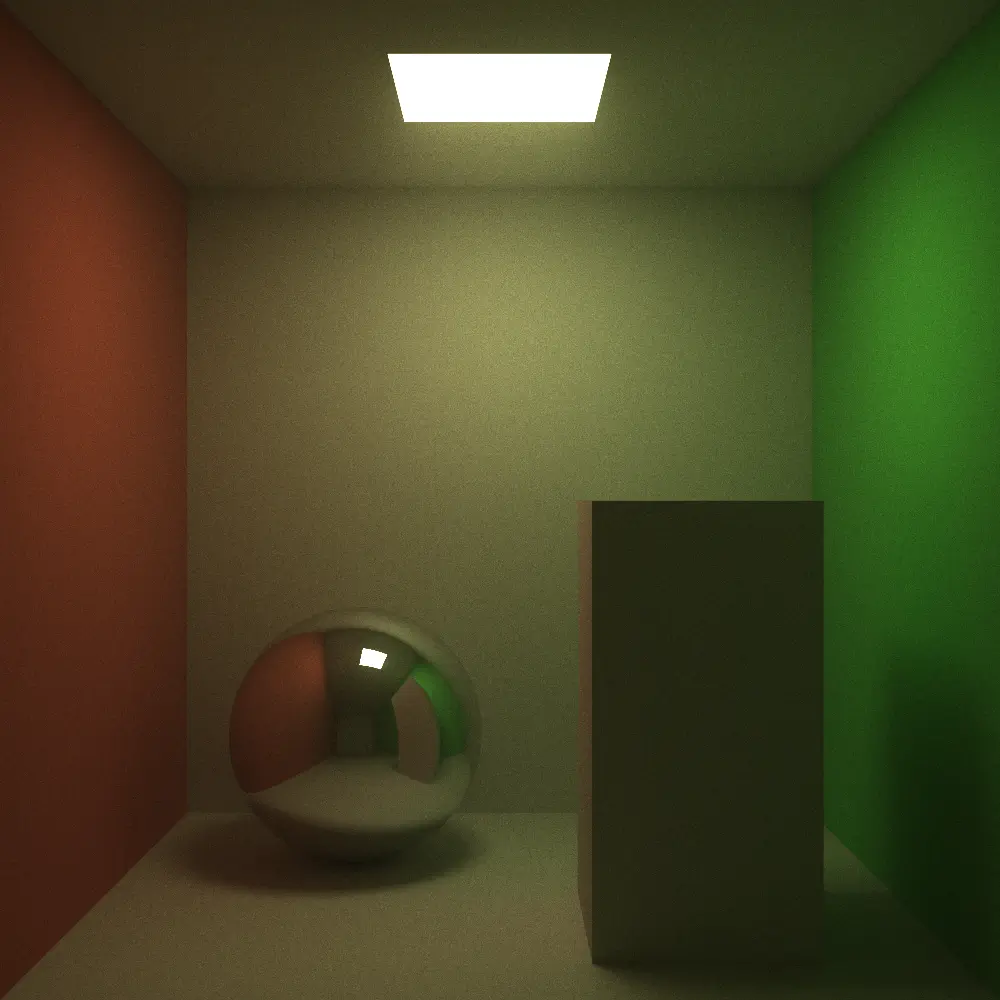
A small modular raytracer written in C++. Includes SSE optimized sphere intersection calculation, raymarched implementation of the mandelbulb fractal and JSON scene representation. Not fast but produces nice pictures. You can find my short seminar paper on accelerating this with intrinsics here.
Contact
Email will be loaded with javascript to prevent scraping.